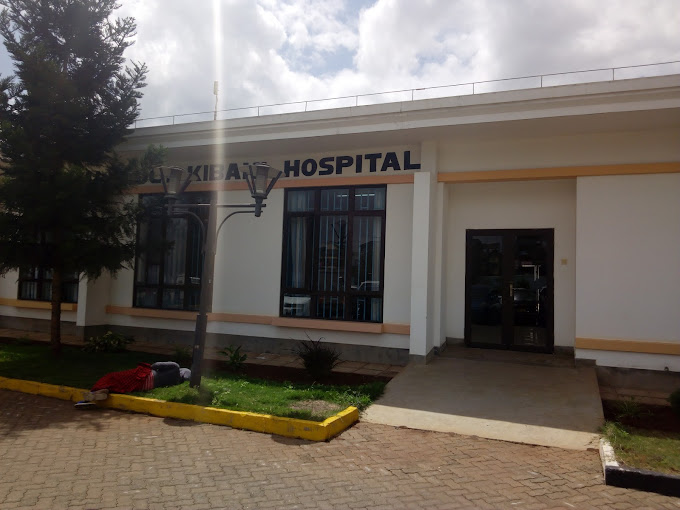By Omboki Monayo
Kenya’s healthcare system is at a pivotal moment. The recent launch of the much-anticipated Social Health Insurance Fund (SHIF), managed by the Social Health Authority (SHA), was heralded as a major step towards universal healthcare. However, this ambitious initiative is now facing significant hurdles, prompting many Kenyans to wonder if SHIF can truly deliver on its promises.
As of October 2024, more than 12.7 million Kenyans have signed up with SHA. For self-employed individuals, the monthly contribution is set at a minimum of Ksh 300, while salaried employees are contributing 2.75% of their gross salary. The government hopes to collect around Ksh 133 billion in the fund’s first year, with expectations of rising to Ksh 148 billion annually as it grows. This amount is more than double what the previous National Health Insurance Fund (NHIF) collected and is crucial for achieving comprehensive healthcare for all Kenyans.
However, despite this optimistic outlook, the shift from NHIF to SHIF has revealed a significant funding gap, pushing healthcare facilities into a financial crisis. Reports show that providers are already owed billions in reimbursements from NHIF, leaving them cash-strapped and threatening the quality of care they can deliver.
One major challenge lies in the informal sector, where many Kenyans struggle with inconsistent income and often find it hard to afford health insurance premiums. Without a steady revenue stream from this demographic, the financial sustainability of SHIF is in jeopardy. The government’s reliance on these contributions may be unrealistic, as low-income earners often prioritize immediate needs over health insurance.

Moreover, the lack of infrastructure in rural areas worsens these financial pressures. While urban centers may have better-equipped facilities, rural regions often lack even basic medical services. This disparity means that the quality of healthcare is unevenly distributed, leaving rural populations without essential services. If SHIF is to be a truly national solution, the government must invest in upgrading rural healthcare facilities, ensuring they have the necessary resources and trained personnel.
Unfortunately, the uptake of the fund has been slower than anticipated. Concerns about affordability and the perceived value of SHIF have led many citizens to hesitate about registration. Even some lawmakers who supported the initiative are unsure of its benefits or how to navigate the registration process. To address this, community outreach programs could play a vital role in clarifying SHIF’s advantages and simplifying the registration process, perhaps even offering incentives for early sign-ups.
On the administrative side, healthcare facilities have reported delays in reimbursements under SHA’s management. These delays have dampened enthusiasm among providers and created barriers for patients seeking care. There have been instances where procedural delays have resulted in the deaths of patients who did not receive the required medical attention on time. To build trust and improve SHIF’s overall effectiveness, it’s essential to streamline the claims process, establish clear communication channels, and ensure timely reimbursements.
Finally, Kenya faces a shortage of healthcare professionals, which poses another obstacle to SHIF’s success. Many facilities lack enough trained staff, which limits the quality of care available. Investing in the ongoing training of existing staff and recruiting more healthcare workers, particularly in underserved areas, is crucial for building a robust health system. A well-distributed and skilled workforce would enhance healthcare quality and boost public confidence in SHIF.
The SHIF program has the potential to transform healthcare in Kenya, but without significant reforms, its challenges could derail its objectives.
To create a healthcare system that serves all Kenyans, the government must take targeted actions to ensure the fund’s financial sustainability, upgrade rural healthcare infrastructure, increase public awareness, streamline administrative processes, and strengthen the healthcare workforce.
Kenya is on the brink of a healthcare revolution, but decisive action is needed for SHIF to become an inclusive and effective solution. The health of the nation depends on it.
Omboki Monayo is a science and health journalist and a communications consultant at Kaski Creatives.













